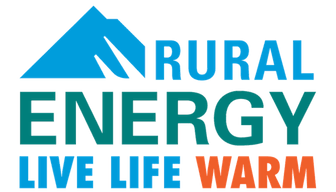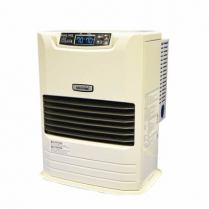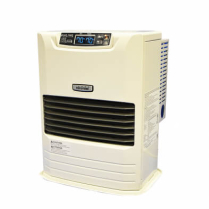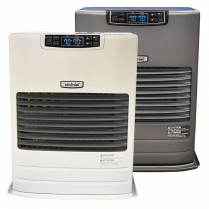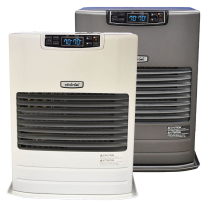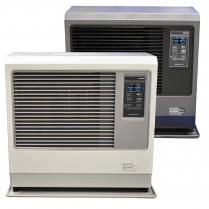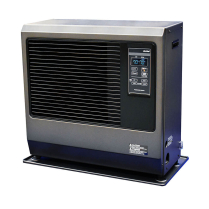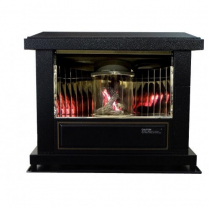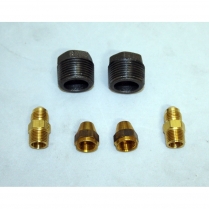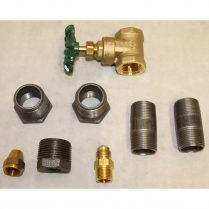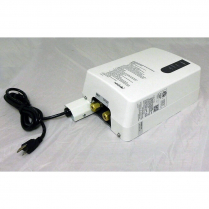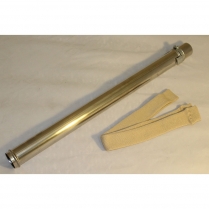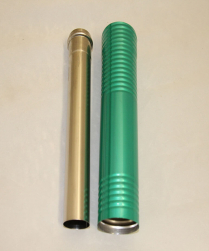Experience the future of home heating with the Direct Vent Oil Furnaces offered by Rural Energy. These furnaces are designed to be an excellent source of warmth for various applications, embodying both efficiency and comfort. By choosing to install one of these direct vent heaters in your home, you're making a significant step towards energy conservation. With the potential to reduce energy bills by up to 50%, these furnaces stand out as a smart choice for the environmentally conscious homeowner.
Our collection features products from the world-renowned brand Toyotomi, also known as Toyostove. With a legacy of quality and innovation, Toyotomi products promise performance and durability. Adding to the modern appeal, several of our upgraded furnace models come with Wi-Fi capabilities, allowing homeowners to control their heaters directly from their smartphones. This feature ensures that whether you're at home or away, you have complete control over your home's temperature.
One of the standout features of a direct vent furnace is its mechanism. It uses outside air, drawn through vents, to heat the home. The exhaust fumes are then safely expelled through the system's exhaust piece, ensuring a clean and safe indoor environment. When it comes to safety, direct vent heaters rank high. They operate using a sealed combustion chamber, which means no ambient household air is affected by the combustion process. This design aspect makes them an excellent choice for homes with vulnerable residents, such as children or the elderly.
